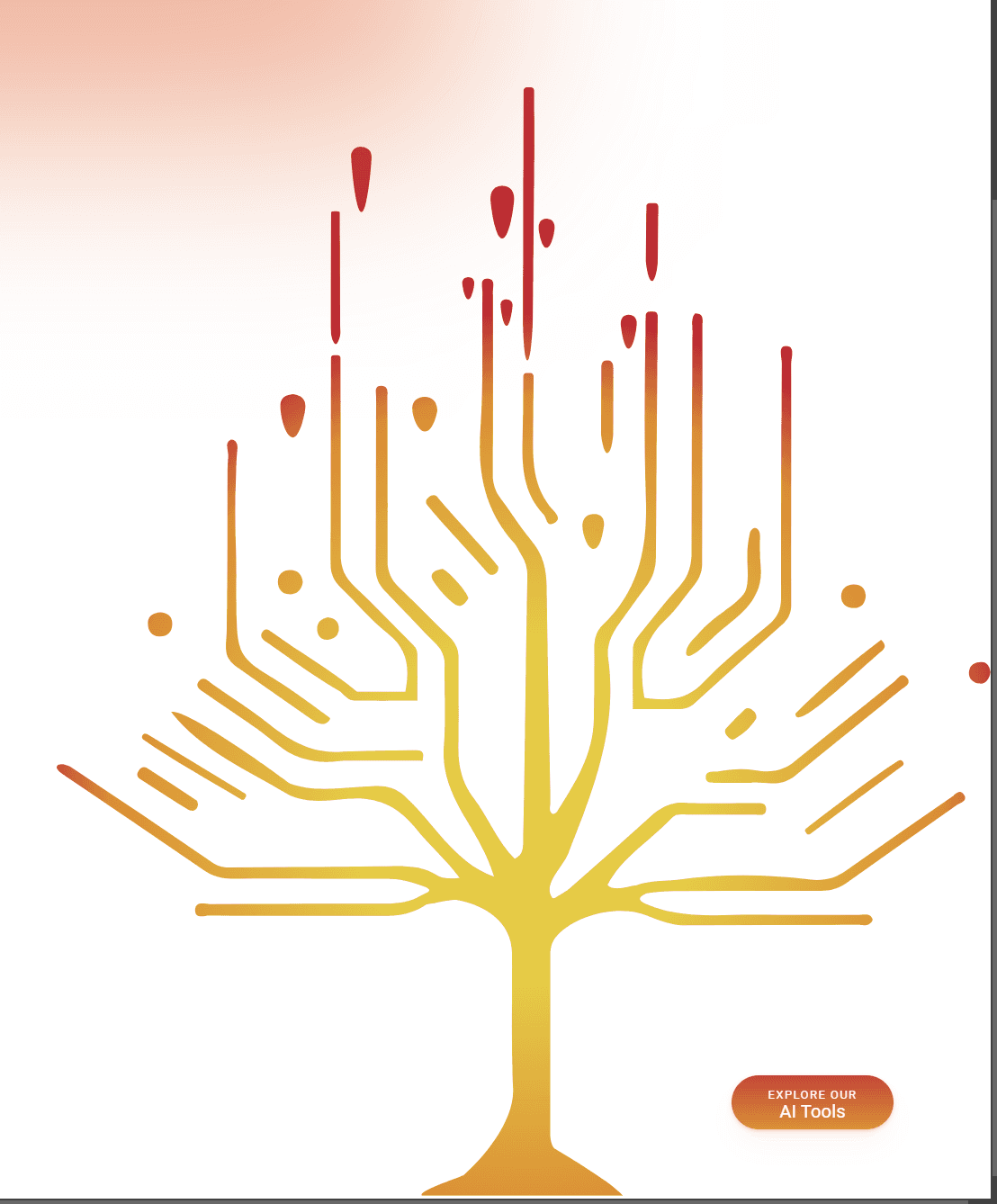Jan 11, 2025
6 Min

UnconstrainED Team

The UnconstrainED podcast, by Craig Johnson featuring Laurynn Evans, Fiona Reynolds, and Alex Johnson, offers a compelling exploration of how artificial intelligence (AI) is reshaping education.
Artificial intelligence (AI) is reshaping education by streamlining tasks, empowering educators, and enhancing student engagement. The rapid development of AI tools like ChatGPT has demonstrated their transformative potential, particularly in addressing "administrivia"—tasks like lesson planning, grading, and data analysis—which often consume up to 50% of a teacher's workload. By reducing these time-intensive responsibilities, AI enables educators to reclaim valuable time for meaningful student interactions and innovative teaching.

Overcoming Resistance to AI
AI’s true value lies in its potential to solve specific challenges faced by educators rather than imposing generic solutions. Empathy and firsthand classroom experience are critical in designing tools that genuinely enhance teachers' workflows. Addressing fears and demystifying AI are essential steps to ensure its adoption and effective use in classrooms.
Key steps to overcome resistance:
Providing clear examples of AI’s benefits in real-world classroom scenarios.
Offering hands-on training sessions to build confidence in using AI tools.
Creating a supportive community where educators can share experiences and strategies.
Building Purpose-Driven Products
Specialized AI products tailored to educators' needs can reduce administrative burdens while enhancing instructional quality. Unlike generic AI solutions, effective tools must minimize the need for teacher modifications, offering precise and reliable outputs that integrate seamlessly into daily routines. Such an approach ensures that teachers can focus on fostering student relationships and delivering impactful lessons.
Essential features of purpose-driven AI products:
User-friendly interfaces designed for educators.
Customizable tools that adapt to individual classroom needs.
Strong data security and privacy safeguards to protect student information.
The Two-Act Play of AI Integration
The integration of AI in education can be seen as a “two-act play.” Act One involves streamlining administrative tasks, reclaiming time for educators. Act Two envisions a reimagined educational landscape where teachers use this reclaimed time to enhance student engagement, personalize learning, and cultivate critical skills like collaboration and creative problem-solving. This transformative shift underscores the importance of redefining the roles, skills, and environments within schools.

Potential benefits of reclaimed time:
Increased opportunities for one-on-one student mentoring.
Development of innovative and interactive lesson plans.
Greater focus on professional growth and collaboration among teachers.
Transforming the Identity of Educators
Teachers must transition from being content experts to facilitators and coaches, adept at fostering collaboration, critical thinking, and conflict resolution. This evolution requires educators to embrace ambiguity and continuous learning—qualities essential for thriving in AI-enhanced environments.
Key skills for the modern educator:
Proficiency in leveraging AI tools for personalized learning.
Strong interpersonal and communication skills for effective coaching.
Ability to adapt to rapidly evolving technologies and methodologies.
The Role of Professional Development
Professional development is a cornerstone for sustainable change. Training must be ongoing, collaborative, and deeply integrated into teachers’ practices. Without adequate preparation and support, even the best tools and curricula may fail to achieve their intended impact.
Effective professional development strategies:
Regular workshops and refresher courses on emerging technologies.
Peer mentoring programs to foster knowledge sharing and support.
Access to online resources and forums for continuous learning.
The Future of Education
An educational ecosystem transformed by AI holds immense promise. AI can enable personalized learning pathways and deeper student-teacher connections while rekindling joy in teaching by reducing mundane tasks. The evolving profile of future educators will reflect individuals driven by a passion for human-centered learning in an AI-integrated world.
Vision for the future:
Schools designed with flexible spaces to accommodate collaborative learning.
Integration of AI tools that support real-time feedback and assessment.
Emphasis on holistic education that balances technology with human connection.
Conclusion
The UnconstrainED podcast paints a hopeful picture of AI’s role in education. By addressing administrative challenges, fostering teacher development, and reimagining educational practices, AI has the potential to transform schools into dynamic, student-centered environments. Empowering educators with the right tools and training is key to leading this transformation with confidence and purpose.



